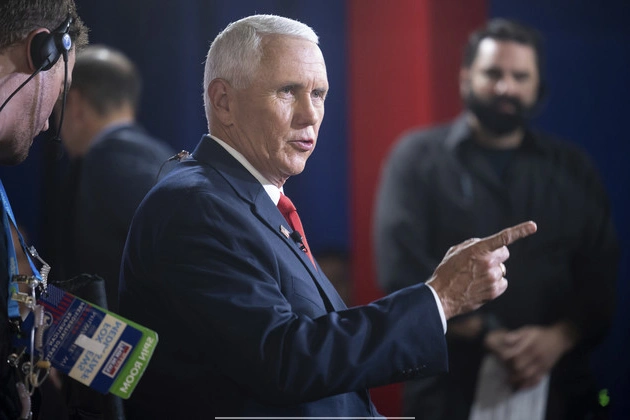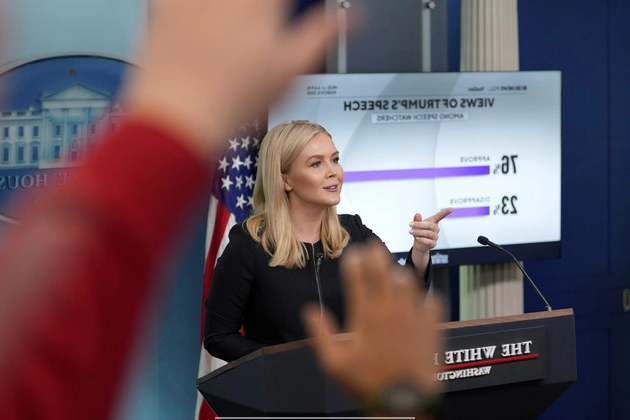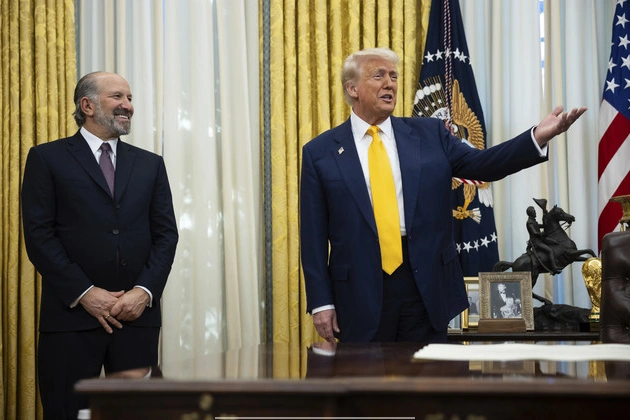
House China Committee Challenges: Navigating Trump and Musk's Influence
The House China Select Committee, tasked with shaping US strategies against Beijing, faces internal discord and threats to its bipartisan reputation amid clashes with Donald Trump and Elon Musk.
Established two years ago, the committee initially enjoyed bipartisan support, but recent partisan agendas have disrupted its legislative progress. The incoming Trump administration’s differing priorities pose further challenges, especially in garnering support from Trump-aligned Republicans.
Partisan Influences and Legislative Impact
Partisan divisions have begun to sway the committee’s focus, impacting its initiatives such as fortifying Taiwan against Chinese aggression and opposing the Chinese-owned TikTok platform.
Contrary to the committee’s stance, President-elect Trump’s views on Taiwan and TikTok align more with accommodating China, raising concerns about his administration’s approach to China-related policies.
Legislative Progress and Partisan Shifts
Initially known for bipartisan collaboration, the committee’s unity has fractured, evident in the recent ‘China Week’ that favored GOP priorities over bipartisan solutions.
Despite efforts to pass impactful legislation, the committee’s achievements are overshadowed by partisan bickering, leading to concerns about compromised national security decisions.
Future Challenges and Policy Outlook
As the committee faces renewal under new leadership, questions loom about sustaining bipartisan efforts amid heightened political tensions.
Key issues on the agenda include reassessing trade relations with China and countering Beijing’s influence through strategic infrastructure investments.
Trump, Musk, and China Policy Alignment
With Trump’s ambiguous stance on China and Musk’s vested interests in the country, the committee grapples with potential external influences on policy decisions.
Concerns about Musk’s ties to China and his impact on US-China relations underscore the need for vigilant oversight and bipartisan cooperation.
Despite challenges, the committee aims to advance key national security initiatives and maintain bipartisan support, emphasizing the importance of unity in addressing China’s growing influence.















